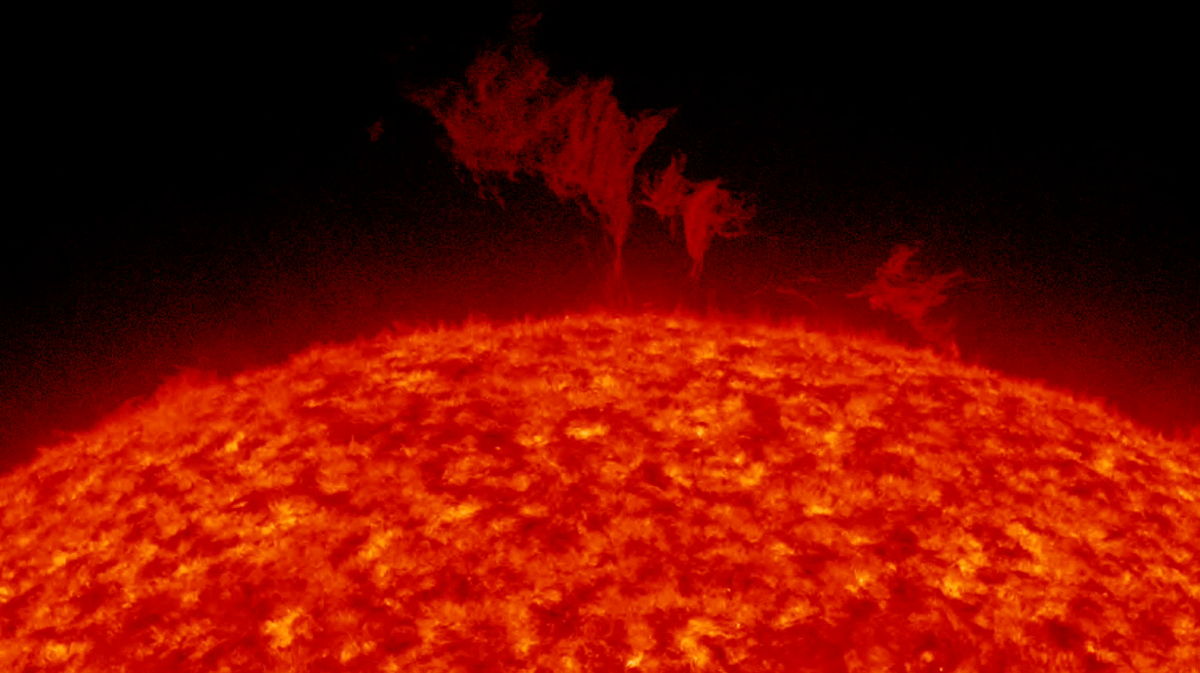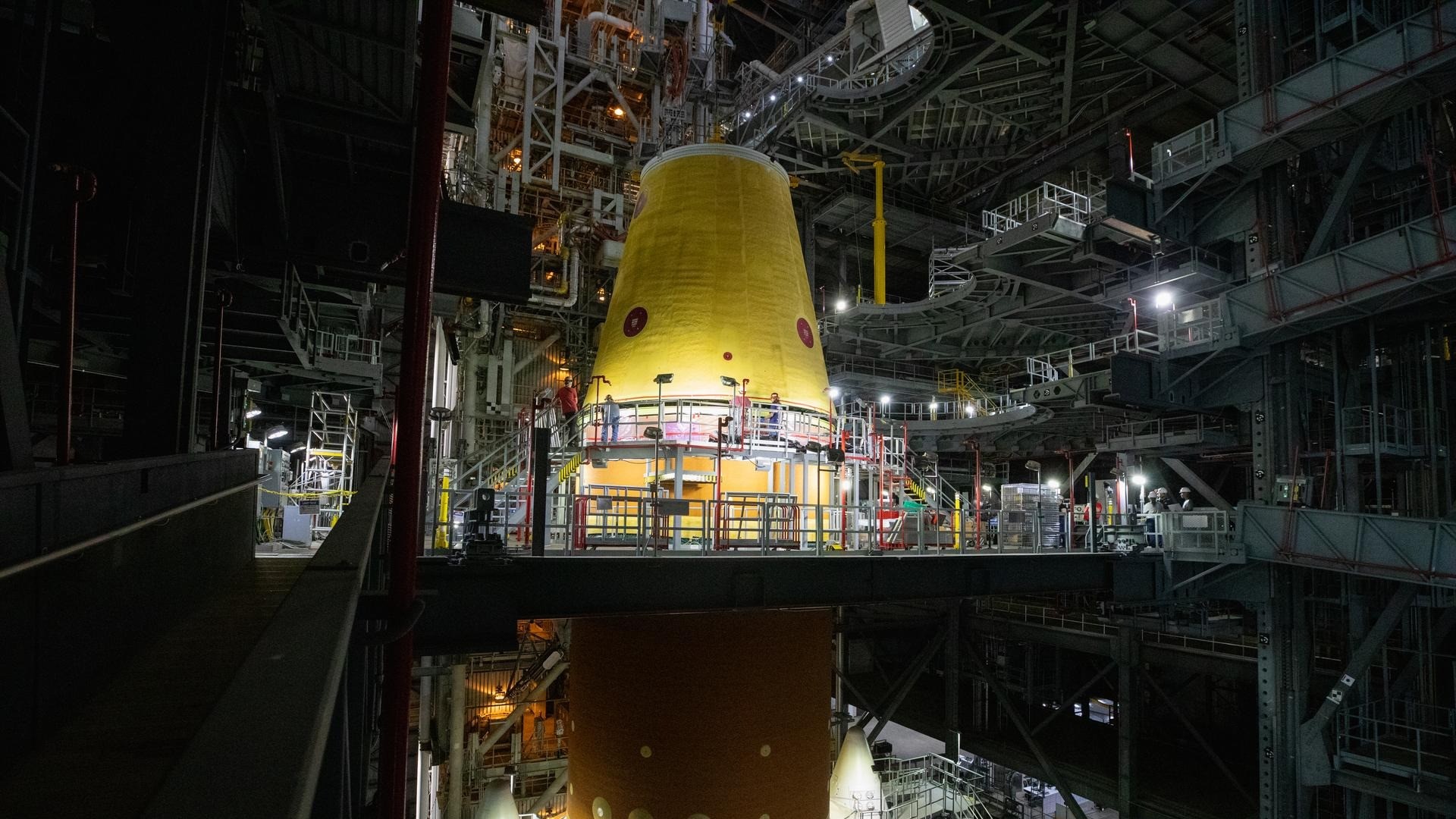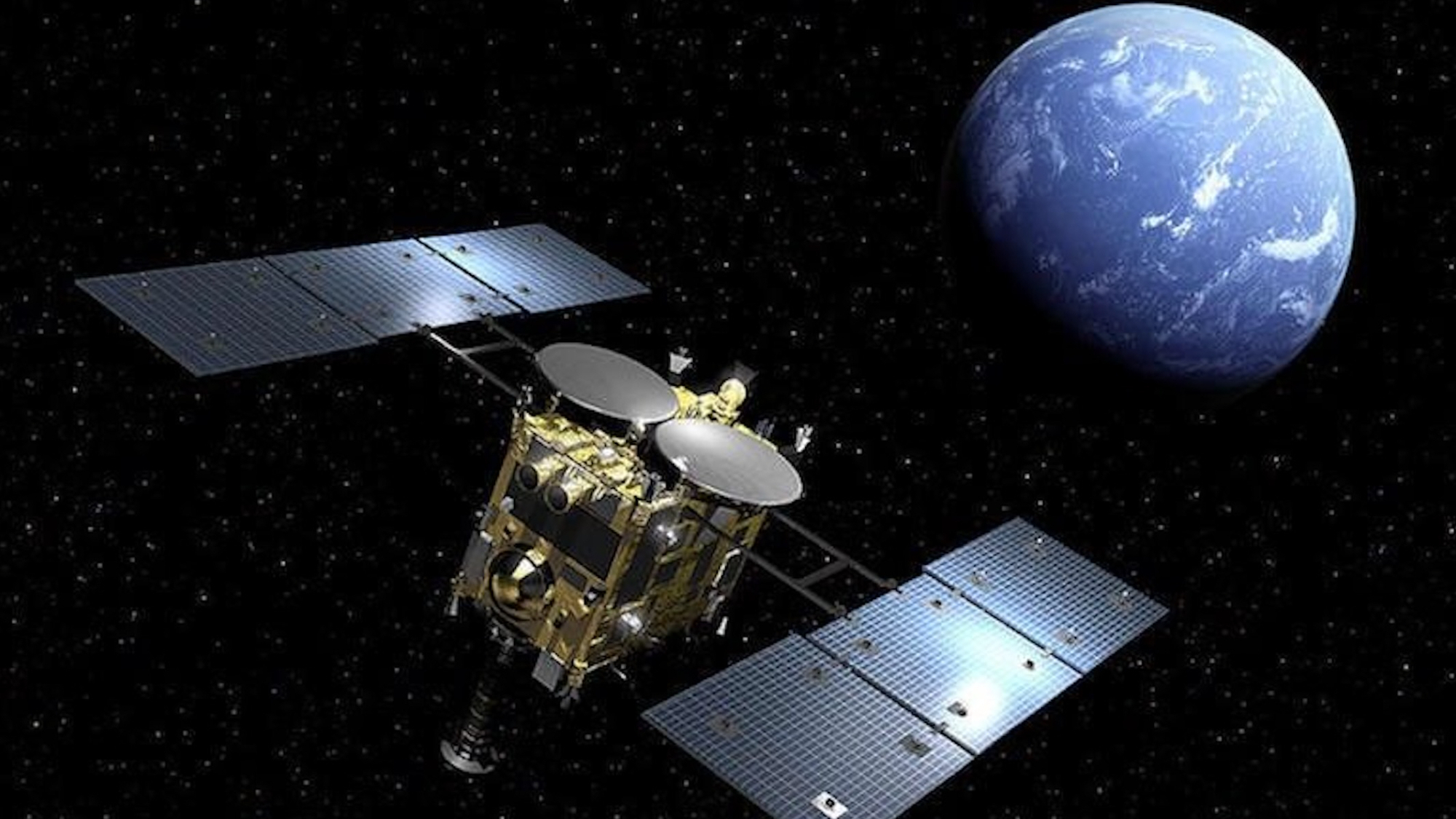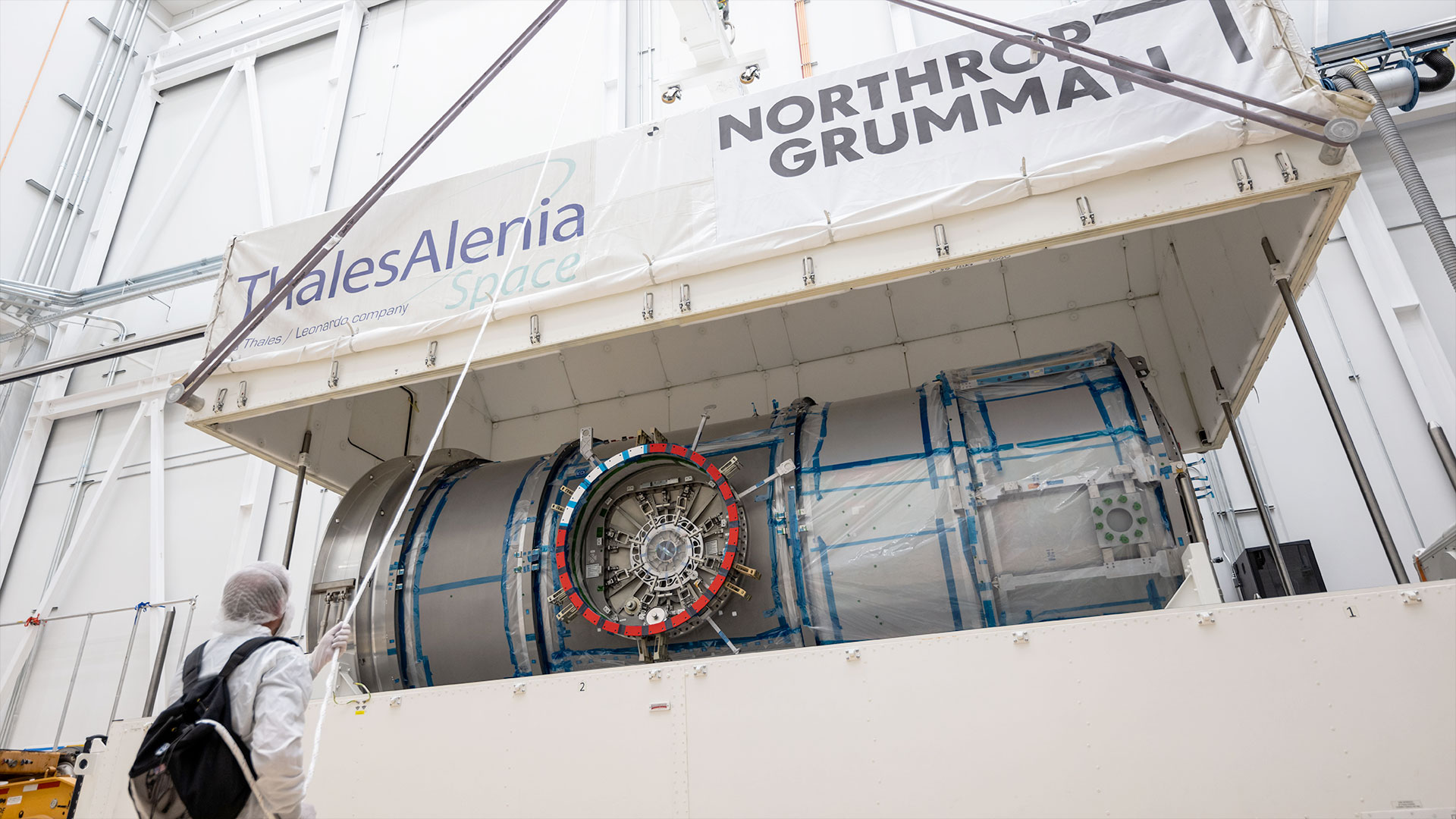Long space missions could cause brain damage similar to concussions, study finds

Staying in space for a long time can cause brain damage, according to a new study.
Being in space has well-documented negative effects on the body. But the effect of being in space on the brain has been studied less. A recent study examined five Russian cosmonauts aboard the International Space Station for about five and a half months. The researchers found elevated levels of proteins in the blood that serve as biomarkers of brain damage.
The study, which was detailed Oct.11 in JAMA Neurology, was small, and the effects on the cosmonauts' brains did not seem to be major. Still, the research could lead to further examination of the effect of being in space on the brain, especially as people begin to spend even longer amounts of time in space.
"It's not like major traumatic brain injury or anything like that," Henrik Zetterberg, a neurochemist at the University of Gothenburg in Sweden and one the study's authors, told Space.com, adding that the damage was comparable to suffering a concussion. "But still, all of the cosmonauts have this pattern of biomarker change."
Related: Space travel can seriously change your brain
The researchers took blood samples from five male Russian cosmonauts 20 days before they left for the ISS to establish a baseline, then collected additional samples one day, one week and three weeks after they returned. They analyzed the blood for five different biomarkers associated with brain damage on Earth. The researchers looked at two types of amyloid-beta proteins, which build up and form clumps in the brains of people with Alzheimer's disease.
"It's a sticky protein," said Zetterberg. "It is important to get rid of it from the brain tissue. In young and healthy people, it is rapidly cleared from the brain."
Get the Space.com Newsletter
Breaking space news, the latest updates on rocket launches, skywatching events and more!
Tau protein, another type of protein the researchers looked at, can also accumulate in neurodegenerative diseases like Alzheimer's and form tangles. The researchers also measured neurofilament light chain (NfL), a protein that increases when parts of the brain called axons are injured, and glial fibrillary acidic protein (GFAP), which helps form brain cells called astrocytes. These star-shaped cells are involved in clearing out waste and protecting the brain from harmful substances. An increase in GFAP essentially means that the cell is working harder to clear out waste.
The researchers found that NfL, GFAP and one type of amyloid protein were also significantly higher after the cosmonauts returned from space than before they left. The other type of amyloid was also elevated, but only slightly. The levels of these proteins increased one day and one week after the flight but started to decrease by three weeks post-flight, though they did not go down to preflight levels.
On the other hand, the total level of tau protein initially increased slightly, then decreased to below the initial level. Zetterberg says that this could be because tau protein is typically cleared more rapidly from cells, or it could be related to the test used to measure tau, which he says isn't as good as it is for some of the other biomarkers.
Though the study did not determine what caused the increase in these proteins, the researchers think it could have something to do with the effect of microgravity on the brain's waste elimination system.
"It looks like this system might have been dysfunctional," he said. "When you get back on Earth, then it starts to work again, and then all these proteins come out in the bloodstream and are degraded."
This could be related to abnormal impacts that microgravity has on fluid in the brain, Zetterberg said, which previous research looking at the brains and eyes of astronauts and cosmonauts has observed. The researchers also think that some of their results could reflect a brain injury as the result of these effects.
Though the study examined those who had been in space for a long period of time, Zetterberg said that it's likely a shorter stay in space would also impact the brain. The research is likely to be particularly important as humans begin to spend more time in space. For instance, landing on Mars, which NASA has said it intends to do as early as the 2030s, would require humans to spend almost two years in space.
"That's a very long time," wrote Zetterberg in an email. Most of us, he wrote, "need to make sure we can stay on Earth."
Follow us on Twitter @Spacedotcom or Facebook.
Join our Space Forums to keep talking space on the latest missions, night sky and more! And if you have a news tip, correction or comment, let us know at: community@space.com.

Rebecca Sohn is a freelance science writer. She writes about a variety of science, health and environmental topics, and is particularly interested in how science impacts people's lives. She has been an intern at CalMatters and STAT, as well as a science fellow at Mashable. Rebecca, a native of the Boston area, studied English literature and minored in music at Skidmore College in Upstate New York and later studied science journalism at New York University.









